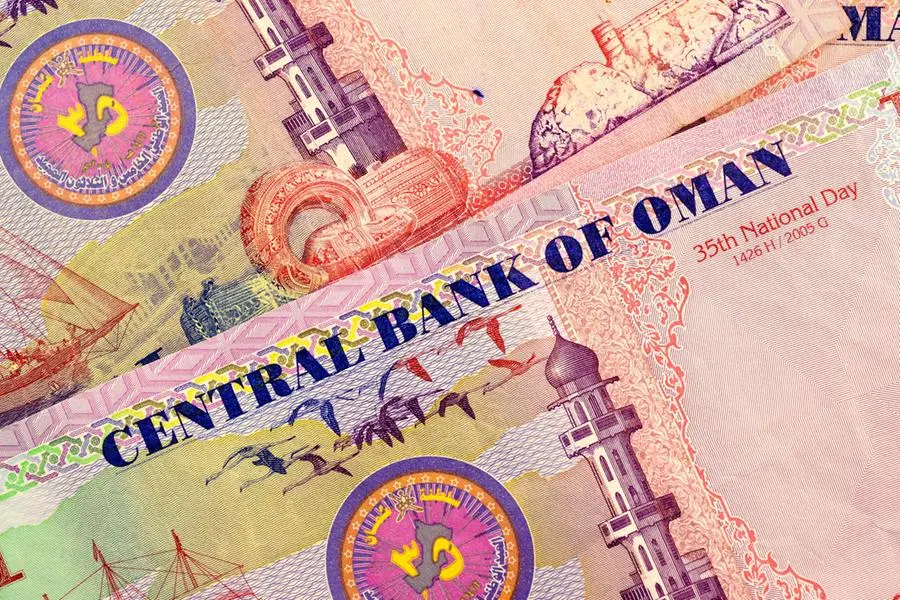PHOTO
Oman’s approved 2023 budget will likely lead to another fiscal surplus, albeit smaller than in 2022, if oil prices remain elevated, averaging $90-95/barrel in 2023, Moody’s Investors Service said in a report.
“The government debt metrics will likely continue to improve, especially if the newly created state-owned Integrated Gas Company decides to fund (some of) its spending through own borrowing rather than by reducing natural gas revenue transferred to the government’s budget,” the ratings agency stated.
However, the increased non-interest spending, excluding oil and gas-related expenditure, will make the government finances more vulnerable to less favourable oil price scenarios.
“We estimate that with an average oil price below $80/barrel Oman’s budget will likely slip into a deficit and the improvements in the government’s debt and debt affordability metrics, achieved in 2021-22, will begin to gradually erode.”
Based on the estimates, Oman achieved its first fiscal surplus of $2.98 billion in nearly a decade last year, which is credit positive, Moody’s said.
However, most of the fiscal turnaround in 2022 was due to a windfall from elevated oil prices, which will make last year’s fiscal improvement difficult to sustain, with oil prices having already declined below $80 a barrel since the start of the year from an average of around $100 per barrel in 2022 and the peak of $120 per barrel last June.
The oil price windfall, the report noted, supported by fiscal reforms implemented during the past two years, enabled the government to reduce its direct debt burden below the pre-coronavirus level.
In addition to benefitting from a strong positive denominator effect on its debt-to-GDP and debt-to-revenue ratios, the government used a part of its 2022 surplus to retire some of its outstanding debt early.
As a result, the government debt burden came down to about 44% of GDP in 2022, helped by higher nominal GDP and increased revenues due to higher oil prices, Moody’s said.
Earlier this month, the International Monetary Fund (IMF) expected Oman to post fiscal and external surpluses over the medium term mainly due to higher oil revenue, fiscal discipline and the introduction of value-added tax.
(Editing by Seban Scaria seban.scaria@lseg.com)





















